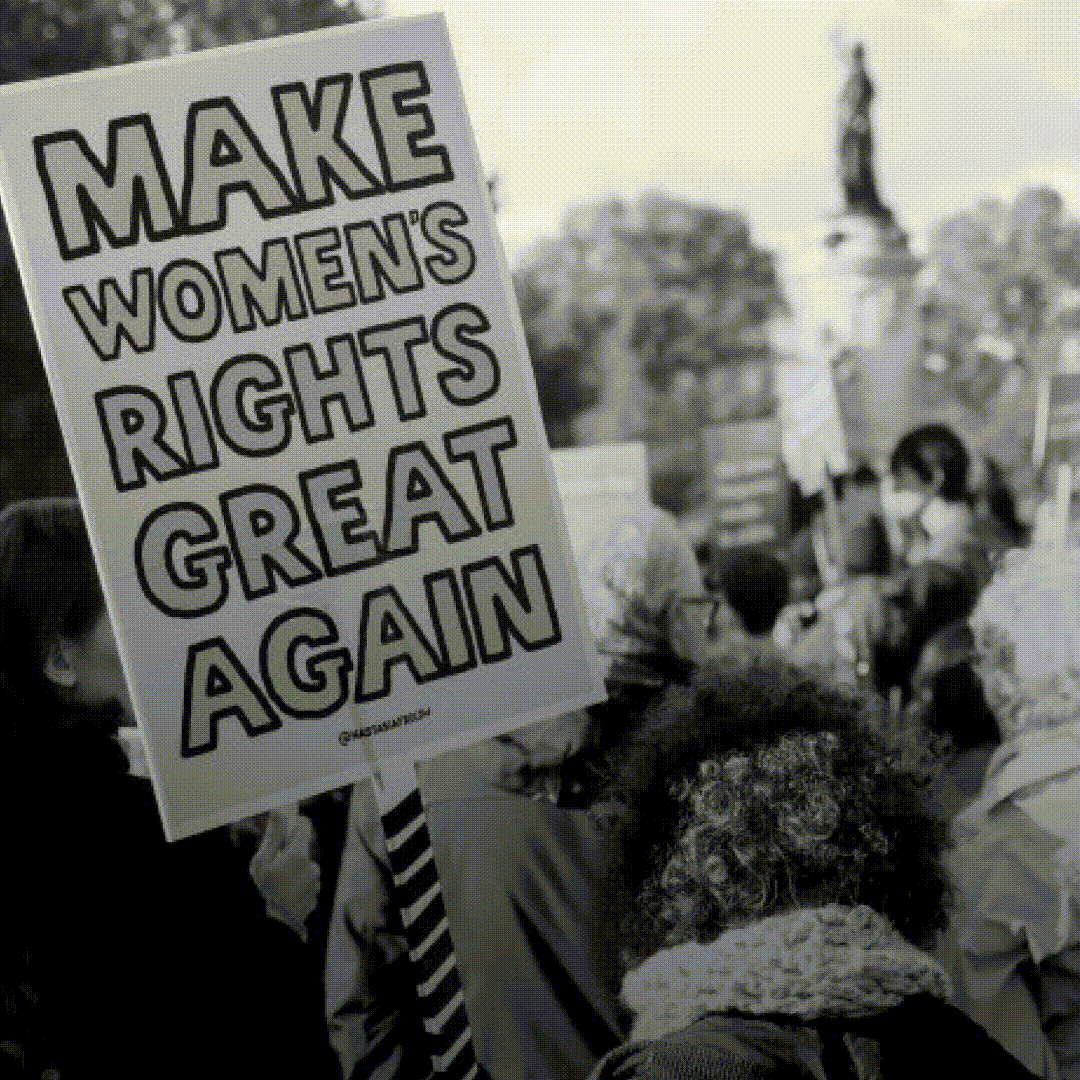
Every year, from November 25th (International Day for the Elimination of Violence Against Women) to December 10th (Human Rights Day), the world unites for UN Women’s 16 Days of Activism Against Gender-Based Violence. Here’s what you need to know about its origins and the state of women’s rights today.
It’s been 25 years since the UN declared 25th November as the International Day for the Elimination of Violence Against Women, but, despite a quarter decade of campaigning, femicide is on the rise.
Across the globe, the numbers are stark, the stories harrowing: femicide—the killing of women and girls because of their gender—is growing. From domestic violence to so-called “honour” killings and targeted attacks, this devastating reality highlights the extreme consequences of a culture that perpetuates misogyny, control, and gender-based violence.
Misogyny, sexism, and women’s inequality, all of which underpin violence against women and girls are rife across the country and throughout society
Isabelle Younane, Head of External Affairs at Women’s Aid
Violence Against Women and Girls has finally been declared “a national emergency” by The National Police Chiefs’ Council, but femicide remains a deeply entrenched issue, often ignored until tragedy strikes. Globally, the statistics are just as grim. The UN reports that one in two women killed in 2022 died at the hands of an intimate partner or family member. In the UK, 93 women have been killed by a man this year—and that’s just the ones we know about, the true number is estimated to be far, far higher.
The scale and rate of violence against women and girls is horrifying—worse still, the frequency with which women are victims of gender-based crimes is at risk of being normalised. Too often, female victims are reduced to mere statistics, or, as we saw in the tragic murder of Carol Hunt and her two daughters, Louise and Hannah, reduced to mere bylines or described in relation to the men in their lives.
Behind every one of these numbers, there are women who are individuals in their own right. There are mothers, daughters, sisters, and friends. We must speak up and take action for them all.
Isabelle Younane, Head of External Affairs at Women’s Aid
As Jess Phillips, the UK’s Minister for Safeguarding and Violence Against Women & Girls put it: “We just tolerate the murder of women as one of those things that just happens as part of society. Femicide is not inevitable and victims are so much more than statistics.
Which is why this year, to mark the 25th anniversary of International Day for the Elimination of Violence Against Women, we’re remembering the three trailblazing women who inspired the campaign.
Patria, Minerva, and María Teresa Mirabal, known as “Las Mariposas” (The Butterflies), were three sisters from the Dominican Republic who resisted the brutal dictatorship of Rafael Trujillo. Their fearless pursuit of freedom and democracy came at a huge cost—on November 25, 1960, they were assassinated for their activism.
The sisters’ sacrifice galvanised the anti-Trujillo movement, leading to the dictator’s downfall less than a year later. Today, the Mirabal sisters are celebrated not just as national heroes but as global symbols of resistance against tyranny and gender-based violence. The anniversary of their deaths is commemorated annually as the International Day for the Elimination of Violence Against Women—a poignant reminder of the struggle for equality and justice that we still face today.
It’s time to confront this epidemic head-on. “As harrowing as the statistics are, violence against women and girls can be prevented and bystander intervention is a crucial part of a whole-systems approach,” says Tabitha Morton, Executive Director for UN Women UK, speaking to the responsibility we all face in protecting women and girls.
We’re joining UN Women UK’s rallying cry to urge the UK Government and the private sector to end femicide by accelerating whole-of-government National Action Plans to prevent and respond to VAWG. We need corporate policies on VAWG and to hold perpetrators to account by strengthening law enforcement and justice sectors. Crucially, women’s and marginalised groups’ need meaningful access to gender-responsive justice where they can seek remedies without fear of negative consequences.
Every woman deserves to live—and to live free from fear.







